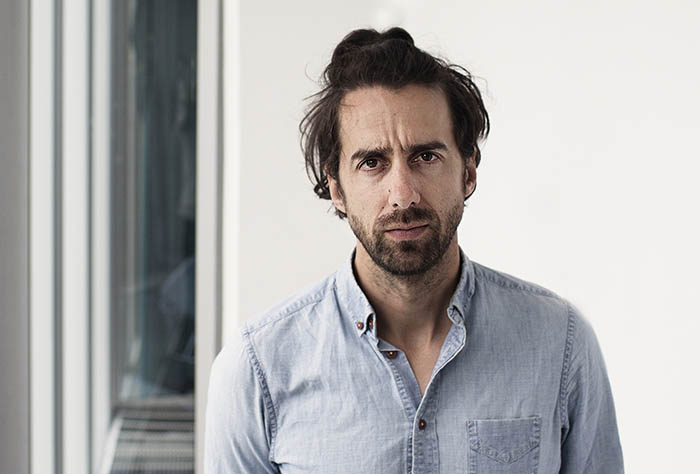[vc_row][vc_column][vc_column_text]

I spend a lot of my time writing about encryption. Until recently I did this from a UK perspective. That is to say, in a country where there are pretty good citizen protections. Despite the occasional hysterical article, the police don’t snoop on you without having some probable cause and a legal warrant. UK citizens aren’t constantly under surveillance and don’t get rounded up for speaking their mind.
From this vantage point, the public debate on encryption starts with its problems. Terrorists are using encrypted messaging apps. Drug dealers are using the Tor browser. End-to-end encryption used by the big tech firms is a headache for local police forces. All this is true. But any benefits are merely addendum, secondary points, “ands” or “buts”. Don’t forget, however, that encryption is also for activists and journalists, including those in less friendly parts of the world. Oh, and don’t forget ordinary citizens. Such benefits are mostly discussed abstractly, almost as an afterthought.
My view on encryption changed in 2016 when I was researching my book Radicals. This being a book about fringe political movements – often viewed with hostility by governments – I expected to use some degree of caution. But it was more than this. Over in Croatia, I was following Vit Jedlicka, the president of Liberland, a libertarian pseudo-nation on the Serb-Croat border. Jedlicka is trying to create a new nation on some unclaimed land that will run according to the principles of radical libertarianism, including voluntary taxation. The Croat authorities do not like him at all, even though he is non-violent and law abiding.
I arrived in Croatia, after an early Easy Jet flight, and was taken aside for questioning by the border police, who appeared to know I was coming. They told me not to attempt to visit Liberland. A little later, while I was away from my hotel, the police turned up and demanded a copy of my passport from the hotel manager. Jedlicka, meanwhile, was barred from entering Croatia, having been deemed a threat to national security.
I did not know a great deal about the Croatian police, but what little I did know made me doubt they cared too much about my right to privacy. I suddenly felt exposed. So Jedlicka and I communicated using an encrypted messaging app, Signal. I had considered Signal mostly a frustrating tool that helps violent Islamists avoid intelligence agencies. But suddenly this nuisance app was transformed. Thank God for Signal, I thought. Whoever invented Signal deserved a prize, I thought. Without Signal, Jedlicka couldn’t engage in activism. Without Signal, I couldn’t write about it.
This was in Croatia. Imagine what that might feel like as a democratic activist in Iran, Russia, Turkey or China.
You see the debate about encryption differently once you’ve had cause to rely on it personally for morally sound purposes. An abstract benefit to journalists or activists becomes a very tangible, almost emotional dependence. The simple existence of powerful, reliable encryption does more than just protect you from an overbearing state: it changes your mindset too. When it’s possible to communicate without your every move being traced, the citizen is emboldened. He or she is more likely to agitate, to protest and to question, rather than sullenly submit. If you believe the state is tracking you constantly, the only result is timid, self-censoring, frightened people. I felt it coming on in Croatia. Governments should be afraid of the people, not the other way around.
The debate on encryption, therefore, should change. The people who build this stuff – whether Tor, PGP or whatever else – are generally motivated by the desire to help people like Jedlicka, people like me. They don’t do it for the terrorists. Seen and understood in that light, the starting point for discussion is about the great benefits of encryption, followed by the frustrating and inevitable fact that bad guys will use the same networks, browsers and messaging apps.
Which is why any efforts to undermine encryption – through laws, endless criticism, weakening standards, bans, threats to ban, backdoors and international agreements – would hit someone like Jedlicka, or me, just as it would Isis. The questions then become: are we willing to prevent good guys having protection just because bad guys are using it? Once you’ve had cause to use it yourself, the answer is extremely clear.
[/vc_column_text][/vc_column][/vc_row][vc_row][vc_column][vc_basic_grid post_type=”post” max_items=”4″ element_width=”6″ grid_id=”vc_gid:1503654311600-41f8449d-cfd3-2″ taxonomies=”6914″][/vc_column][/vc_row]




